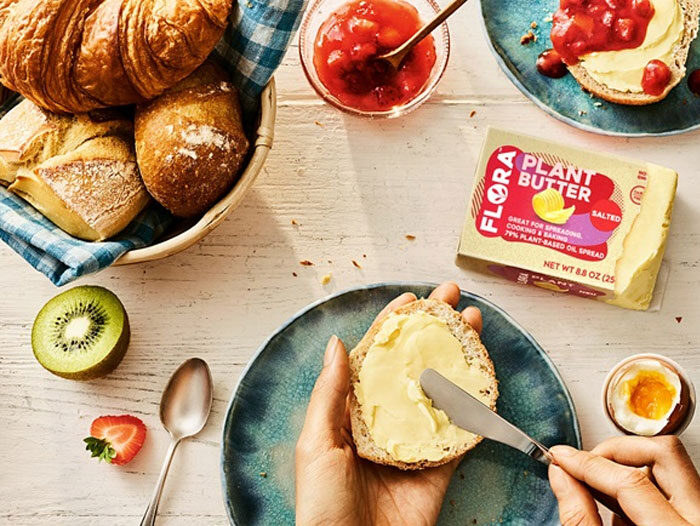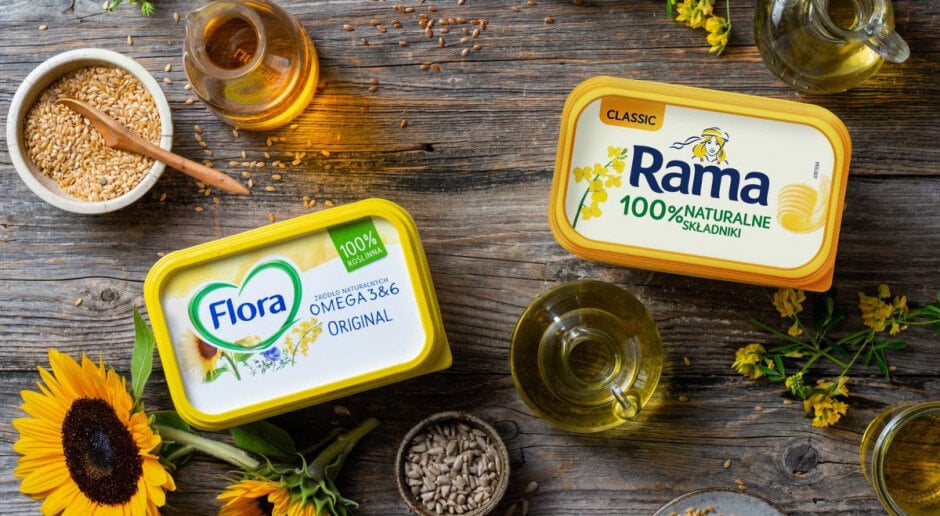Flora Food Group previously relied on brokers for their German flows, with a turnaround time of up to approximately 24 hours per declaration. They couldn’t rely on the brokers’ availability, especially outside standard working hours. With CAS, the average turnaround time for a declaration, from the SAP trigger to the export and even import of goods, is about 22 minutes – this is 65 times faster!
“CAS is not only a huge time-saver. Over the years, using CAS, our costs have dropped massively. By replacing the use of customs brokers with the CAS system, we realise 46% cost savings every year.” said Sophie Lavis, UKI Customs Team Lead at Flora Food Group.
Lately, customs authorities have requested numerous document controls at the port of Dublin. With CAS, Flora Food Group can complete these controls in about 10 minutes, compared to the previous average of 10 working days. CAS enables Flora Food Group to easily pinpoint issues and resolve them swiftly, ensuring that the logistics flow remains uninterrupted.
When asked about the main advantage of CAS, Flora Food Group cited 'centralisation' and 'transparency'. They use CAS to lodge customs declarations in multiple countries and involve people with varying levels of customs knowledge. "CAS turns a very complex process into an intuitive, easy-to-use, always accessible workflow." With all declarations accessible in a single system, Flora Food Group can also automatically generate reports from CAS. They no longer need to build reports from scratch, collect data from multiple sources, or dedicate a full-time employee to this task. With CAS, it's a push of a button, and the report is ready, whether it's weekly, monthly, quarterly, or annually. Obviously, the 46% cost savings Flora Food Group realises with CAS year after year is a huge advantage as well, freeing up budgets to focus on other customs related projects.
“I cannot imagine a customs life without CAS anymore. It has been pivotal in my job”. said Sophie Lavis, UKI Customs Team Lead at Flora Food Group.



